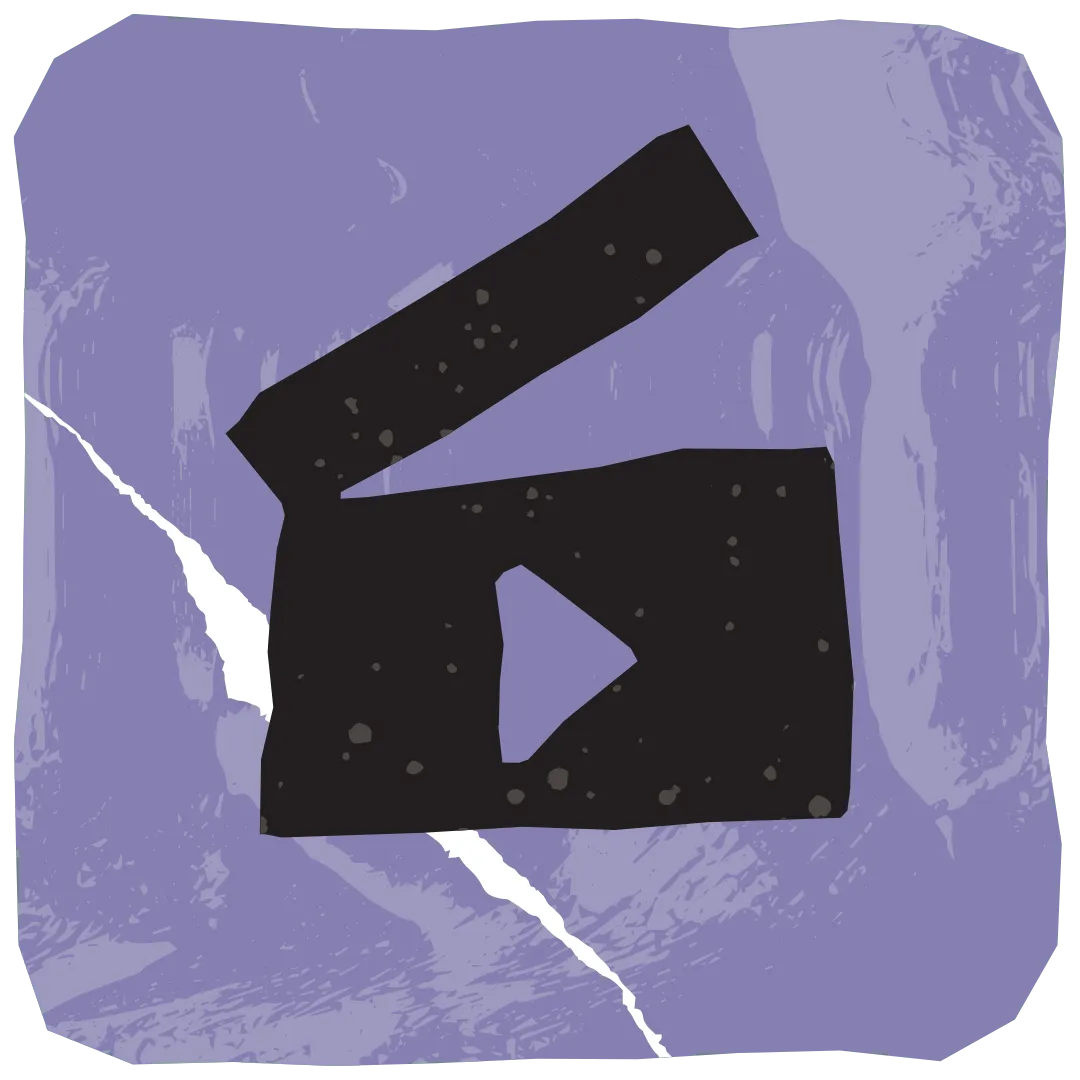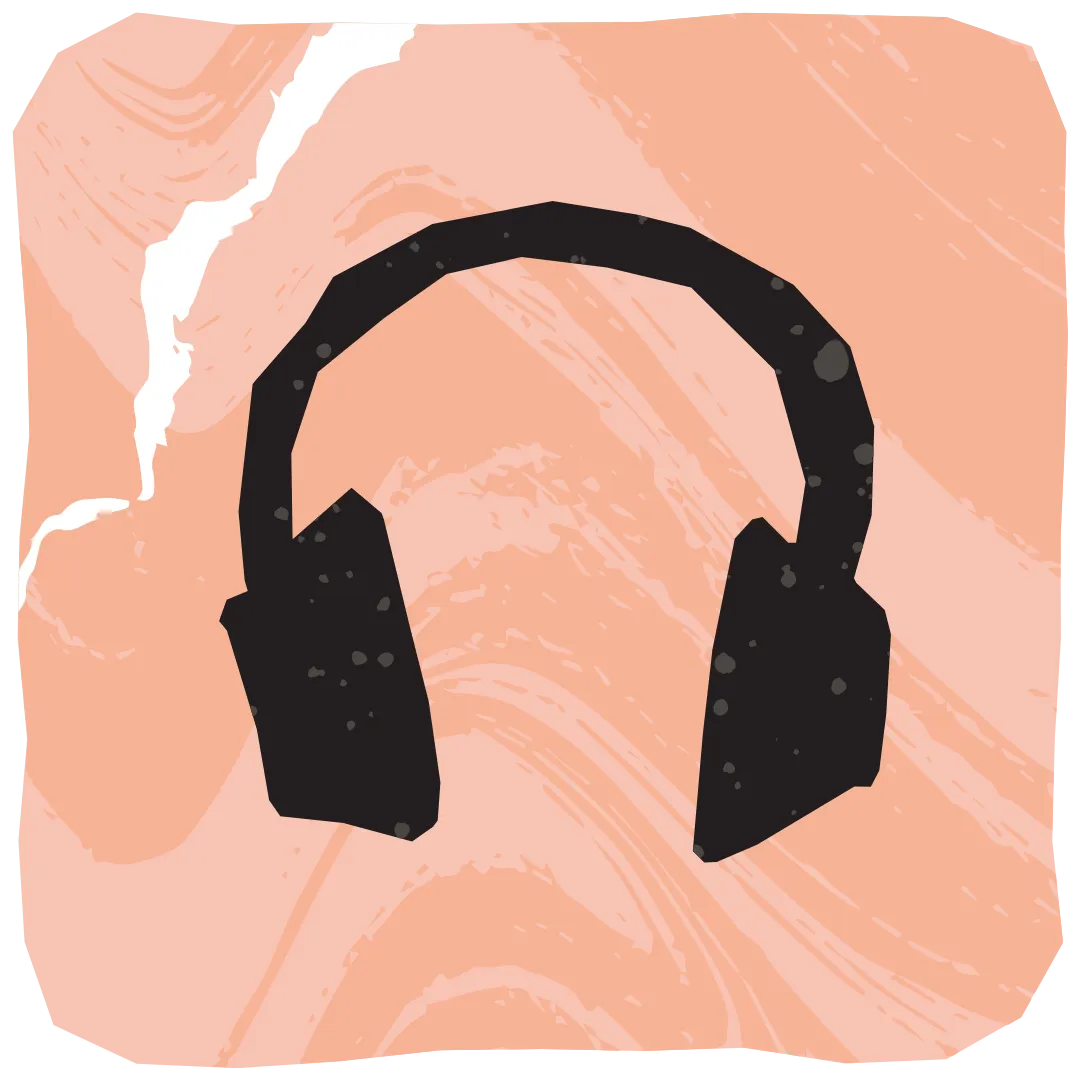Embracing Healing: How Dr. Caroline Leaf’s Insights on Depression Changed My Life
Embracing Healing: How Dr. Caroline Leaf’s Insights on Depression Changed My Life
Shonna Roadruck
Healing from trauma and mental health struggles is never a straight path. Some days, the weight of anxiety, depression, and overwhelming thoughts feels too much to bear. I’ve been there.
For years, I believed depression was a part of me — a constant companion I had to learn to manage but would never truly overcome.
But, everything changed when I discovered Dr. Caroline Leaf's perspective on depression.
In her video Signs You May Be Depressed + How to Find Healing, Dr. Leaf, a neuroscientist and mind management expert, presents an eye-opening view of depression that reshaped my entire approach to healing.
Dr. Leaf doesn’t view depression as a mental illness, but rather as a signal — a message from our bodies and minds that something needs attention. This concept gave me a new, empowering way to understand my struggles.
For so long, I had seen depression as something to fix. After watching Dr. Leaf’s video, I realized that it’s not about “fixing” myself — it’s about understanding and healing the root causes of my emotional pain.
Depression, anxiety, and other mental health symptoms can arise from trauma, unresolved experiences, or life challenges. Rather than viewing these symptoms as signs of failure or something inherently wrong with me, Dr. Leaf’s insights taught me that they were simply signals pointing to what needed healing.

Key Takeaways from Dr. Caroline Leaf
If you're on a holistic healing journey like I am, Dr. Leaf’s message could quite literally change your life.
Here are the insights that had the biggest impact on me and why I believe they are essential for anyone struggling with mental health:
1. Depression as a Signal, Not an Illness
Dr. Leaf explains that depression isn’t a mental illness—it’s a signal from our body and mind.
This was a profound shift in my thinking. I had always believed that depression defined me, but Dr. Leaf reframes it as a natural response to life’s challenges.
Our minds and bodies process trauma and unresolved experiences, and when things are left unaddressed, they show up as depression, anxiety, or other symptoms. This gave me permission to be kinder to myself and see my depression as a message rather than something to fear or suppress.
2. Getting to the “Why” Behind Depression
Instead of focusing only on managing symptoms, Dr. Leaf emphasizes the importance of uncovering the root causes of depression. Our past experiences, traumas, and emotional pain are often the underlying triggers.
In my own healing journey, this idea was incredibly freeing. It helped me realize that the depression I had felt for so long wasn’t something to hide from — it was a way of my mind and body trying to tell me something important. Uncovering these deeper causes wasn’t easy, but it allowed me to begin the process of true healing.
3. Mind Management as a Powerful Tool
One of the most valuable tools Dr. Leaf shares is the concept of mind management—becoming aware of our thoughts and learning to manage them effectively. I had never realized how much control I had over my own mind.
Learning to challenge negative thoughts, reframe harmful beliefs, and shift my mindset became essential to my healing. Over time, mind management helped me break free from the cycle of negative thinking and gave me the strength to approach life with more clarity and resilience.
4. Healing Takes Time — and That’s Okay
Dr. Leaf stresses that healing is a process, not an overnight transformation. She acknowledges that sometimes, things may feel worse before they get better, and that’s normal. This insight brought so much comfort to me.
In the past, I often felt frustrated that I wasn’t “getting better fast enough.” But Dr. Leaf’s message reminded me to be patient with myself and to embrace the journey — understanding that true healing takes time, and it’s okay to take it one step at a time.
5. The Importance of Support
Finally, Dr. Leaf emphasizes the critical role of a support system in the healing process. Healing is not something we should do alone.
Surrounding ourselves with people who understand and support us is vital. I’ve learned the value of sharing my struggles with others, whether it’s friends, family, or mental health professionals. It’s through this connection and support that we find strength and courage to continue on our journey.
Why I’m Sharing This With You
As I reflect on my healing journey, I can honestly say that Dr. Caroline Leaf’s work has been a huge part of my transformation. I’ve probably watched this video nearly 100 times over the past few years, and each time, I find something new to learn and apply.
My own healing wasn’t easy — it’s been a long road, and I’ve had to confront and process over two decades of unresolved childhood trauma. This trauma led to anxiety, depression, disordered eating, and more.
But today, after six years of dedicated holistic healing, I can honestly say that my anxiety and depression are nearly gone. My relationship with food and my body is completely healed, and I’m doing better than ever mentally and emotionally.
Dr. Leaf’s work was one of the cornerstones of my journey. It helped me shift my perspective on mental health and gave me the tools to heal in a way that felt empowering rather than defeating.
That’s why I’m sharing this video with you today.
My hope is that, by stumbling upon this resource, others on their own healing journeys can find the same relief, understanding, and healing that I did.
Healing is a lifelong journey, and it’s not always easy, but it’s possible. With the right tools, mindset, and support, we can heal from the inside out. Dr. Leaf’s video was an essential part of my healing story, and I believe it can be a turning point for you, too.











